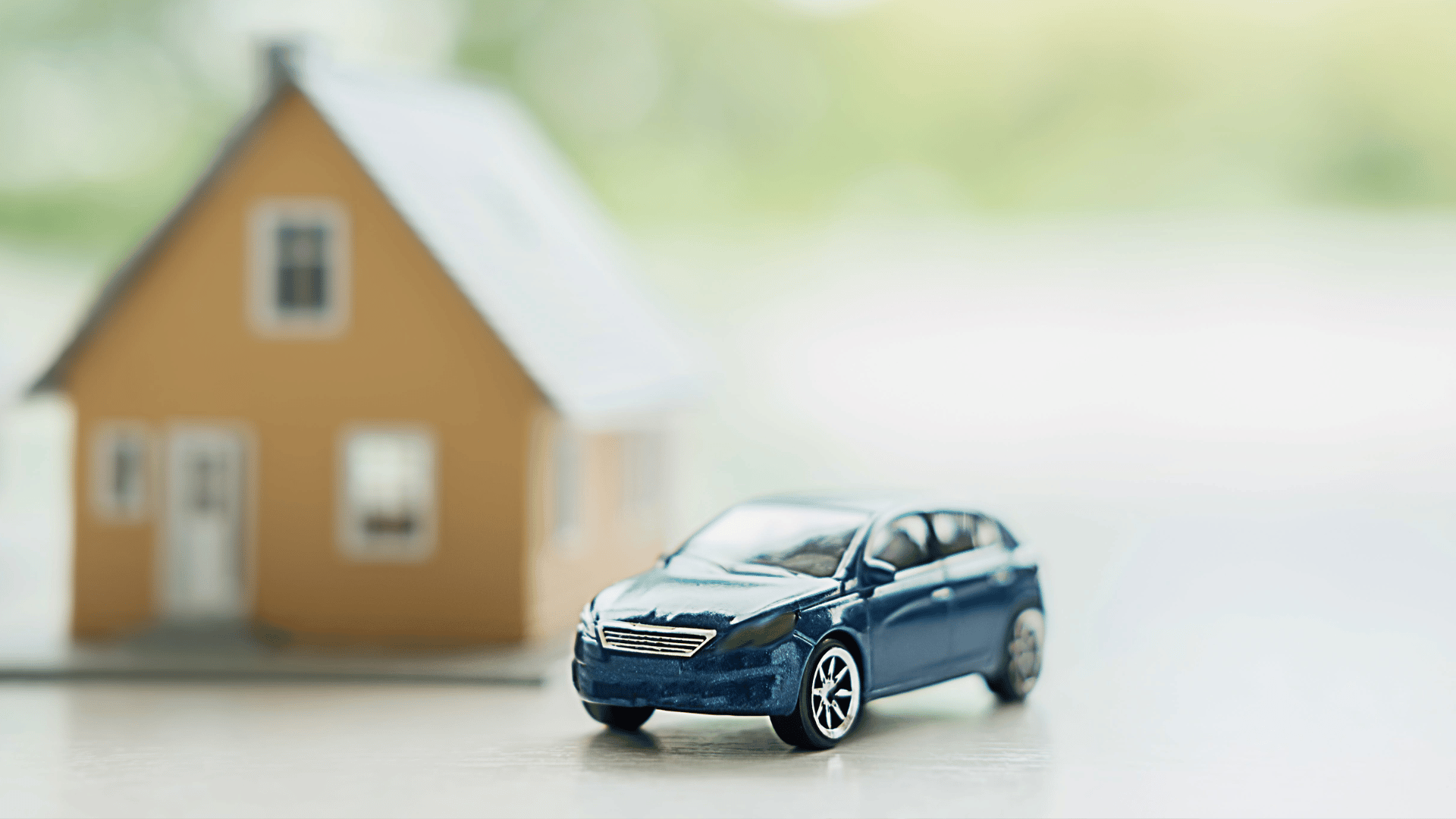In the realm of personal finance and major purchases, few decisions carry as much weight and long-term impact as the choice between purchasing a house or a car. Both symbolize significant milestones and financial commitments, necessitating careful consideration of one's current circumstances and future goals. This article seeks to unravel the complexities surrounding this pivotal decision, exploring the intricate interplay between homeownership and vehicle ownership. As individuals stand at the crossroads of these major acquisitions, it becomes imperative to navigate the intricacies of budgeting, lifestyle alignment, and financial planning. By examining the factors that contribute to the decision-making process, we aim to equip readers with the insights needed to make informed choices and embark on a financial journey that aligns seamlessly with their aspirations. From the practicalities of mortgage loan to the nuances of commuting needs, this exploration aims to shed light on the age-old question: should one buy a house or a car first?
Financial Factors
1. Affordability of mortgage payments
This involves a thorough analysis of an individual's or a household's financial situation to ensure that the monthly mortgage payments are manageable within their budget. One must analyze monthly income against housing expenses and account for potential fluctuations in interest rates.
2. Impact of car loan on overall financial picture
Taking on a car loan involves committing to a monthly payment plan that includes the principal amount borrowed, interest, and possibly additional costs such as insurance. This commitment can have far-reaching implications for an individual's broader financial landscape. Potential buyers must evaluate how the additional monthly payment aligns with their income and existing financial obligations. This assessment requires a comprehensive understanding of the terms of the auto loan, including the interest rate, loan duration, and any potential fluctuations in the payment structure. Individuals need to consider the overall debt load and its effect on their good credit score. Lenders often scrutinize an individuals when they borrow money, and a high debt-to-income ratio can be a red flag.
3. How saving for a home may affect car purchase plans
Saving for a home demands a strategic and disciplined approach, impacting one's plans to purchase a car. The timeline for homeownership significantly influences how individuals approach buying a car. If the goal is imminent homeownership, the focus might shift towards accumulating a larger down payment for the house, potentially delaying car purchase plans. Simultaneously saving for a car and a home or a condo unit requires a nuanced understanding of financial capacities and priorities. Some may allocate a specific portion of savings for a future car purchase, achieving a balanced use of funds—addressing immediate transportation needs while progressing towards the significant goal of homeownership.
4. Lifestyle and Priorities
Choosing between a house or a car requires careful consideration of lifestyle and priorities. Commuting needs, including daily travel distances and public transportation availability, impact the necessity and cost-effectiveness of owning a car. Proximity to work and access to public transportation also influence convenience and potential cost savings. Future plans and career aspirations are crucial factors. Anticipated relocations for career advancement may lean towards prioritizing a vehicle for flexibility, while those planning long-term roots may find investing in a home to be a stable choice. Balancing current lifestyle needs with future goals is key to making an informed decision. Whether seeking a stable home environment, adaptability to changing circumstances, or a mix of both, understanding personal priorities guides individuals toward a choice that aligns with their unique circumstances and aspirations.
Resale Value and Appreciation
Real estate generally tends to appreciate over time, making a home a potential long-term investment. Factors such as location, housing market trends, and property improvements can contribute to a property's appreciation. On the other hand, cars typically depreciate in value, with the rate of depreciation varying depending on the make, model, and condition. Considering the financial implications of these trends is essential for individuals making the decision between buying a house or a car first.
Comparing the Potential for Return on Investment
- Real Estate - Exploring the historical appreciation rates in the housing market can provide insights into the potential return on investment. Factors such as location, neighborhood development, and overall market trends play a significant role. Researching local real estate market conditions and consulting with real estate professionals can help individuals make informed decisions regarding the potential appreciation of a home.
- Vehicles - Cars are generally known for depreciating in value, but the rate of depreciation can vary. High-end or classic cars, for instance, may have a more stable or even appreciating value over time. Researching the depreciation rates for specific car models and understanding the market for used vehicles can assist in gauging the potential resale value.
Depreciation Factors and How They Impact Long-Term Finances
- Real Estate - While real estate typically appreciates, economic downturns or local market fluctuations can impact property values. Understanding the potential risks and benefits of property ownership, including the impact of property taxes and maintenance costs, is crucial for a comprehensive financial analysis.
- Vehicles - Cars depreciate due to factors such as mileage, age, and overall condition. Considering the purpose of the vehicle, the anticipated length of ownership, and the expected depreciation rate can help individuals assess the long-term financial impact of their car purchase. Additionally, maintaining a car well and keeping mileage in check can mitigate depreciation to some extent.
Maintenance and Upkeep
Navigating the decision between buying a house or a car extends beyond the initial investment to encompass long-term maintenance and upkeep costs. Homeownership introduces ongoing expenses like property taxes, homeowners' association fees, and periodic repairs. Assessing a potential residence's condition and budgeting for these costs is crucial for a comprehensive financial strategy. On the other hand, automobiles come with regular maintenance, fuel, insurance, and potential repair costs. Balancing homeownership demands with vehicle upkeep requires a thoughtful approach, considering both immediate and sustained impacts on one's budget. This section explores the intricacies of managing maintenance for houses and cars, shedding light on the financial responsibilities associated with each choice and their contribution to the overall financial landscape.





